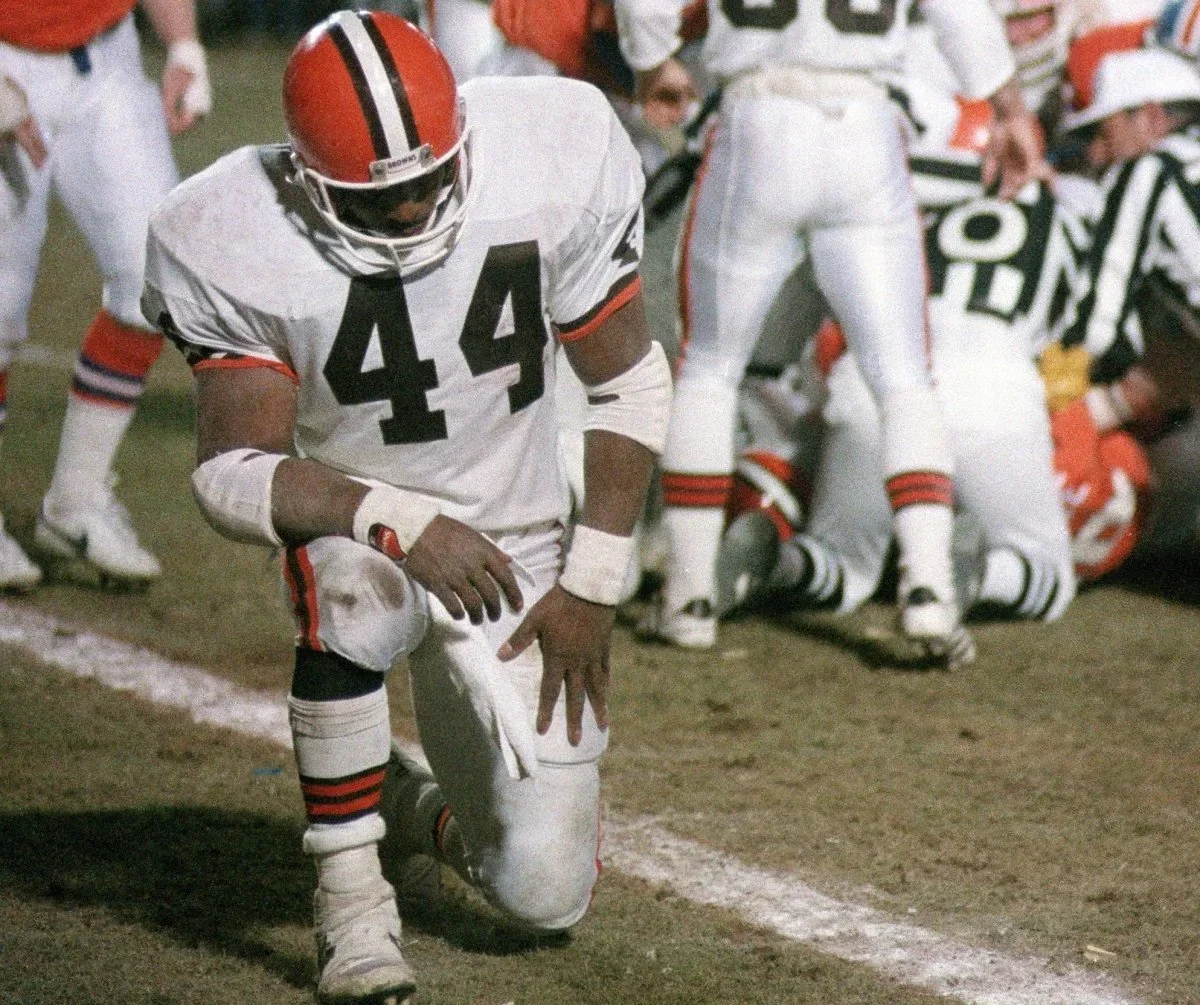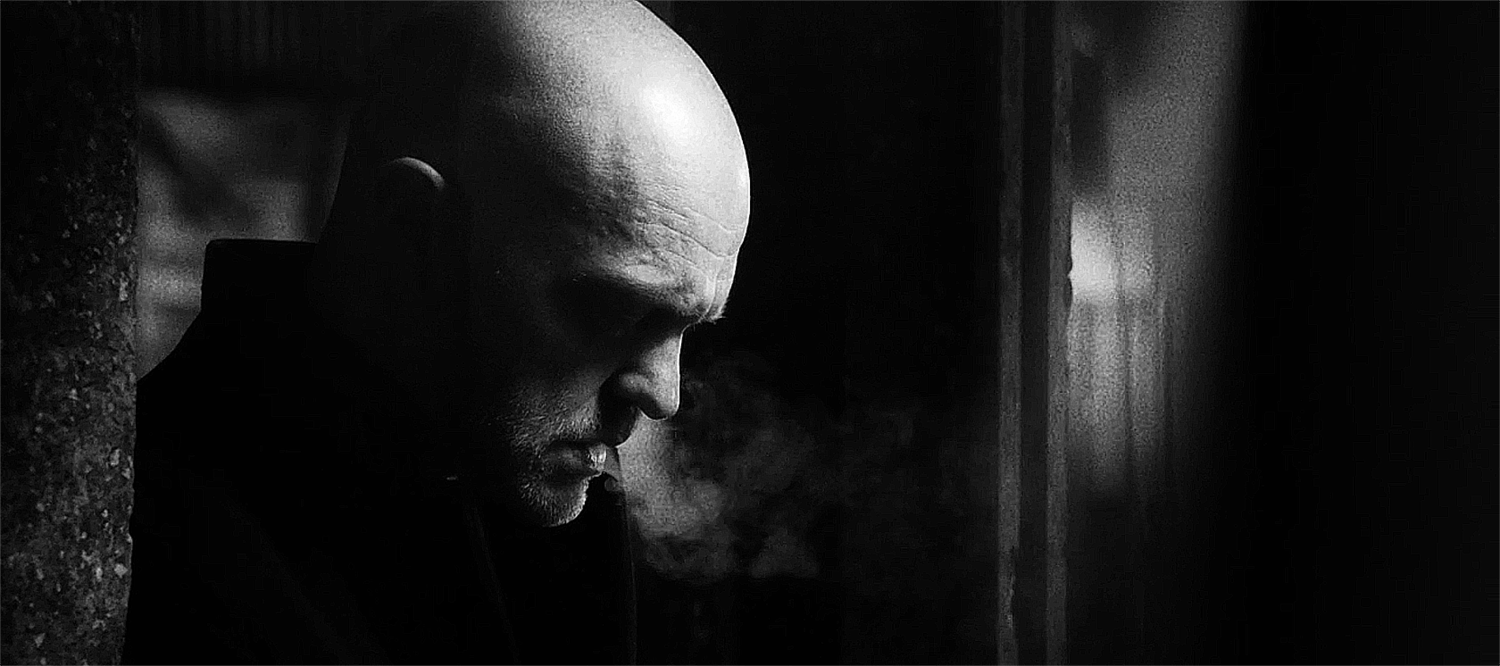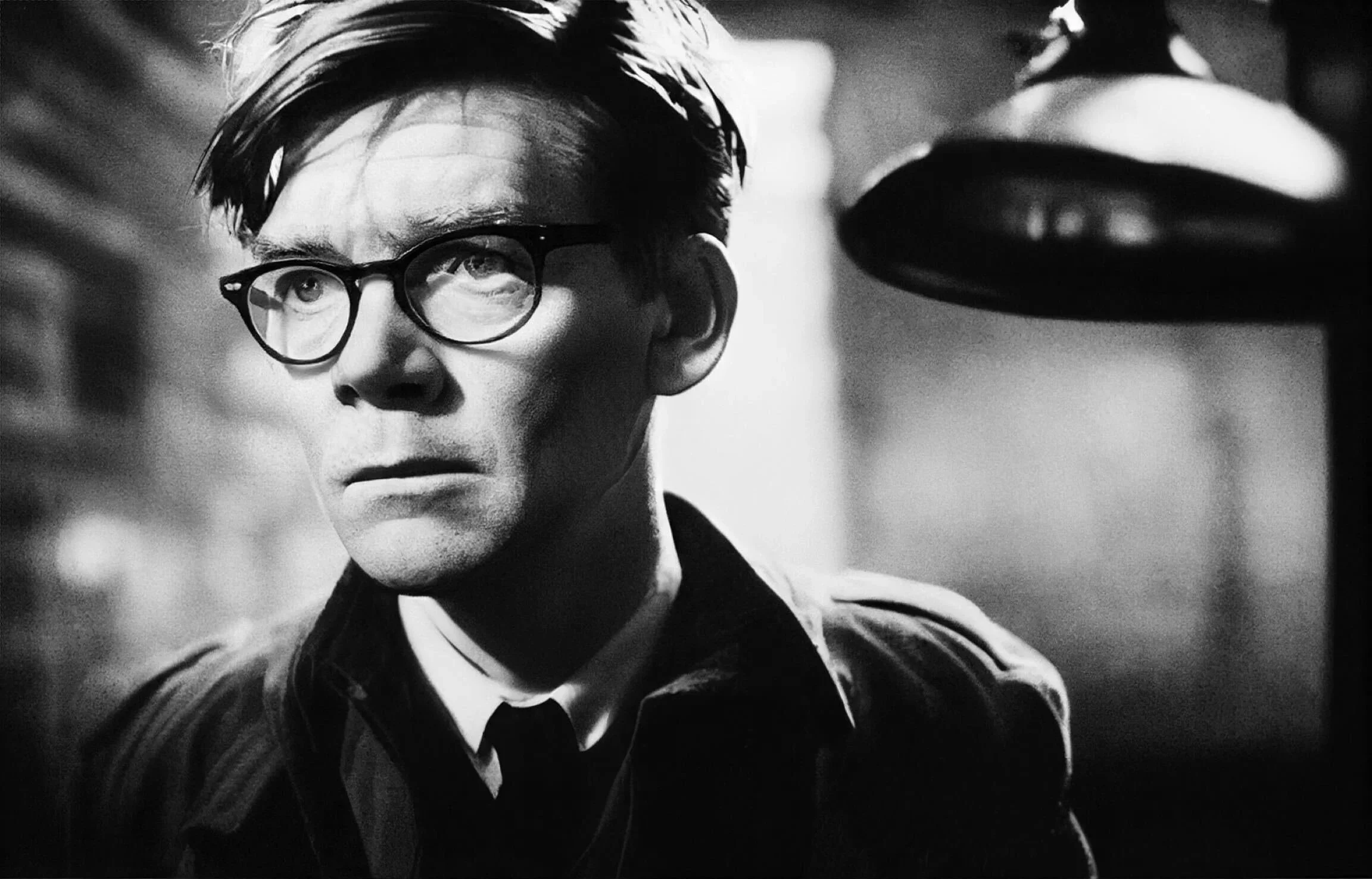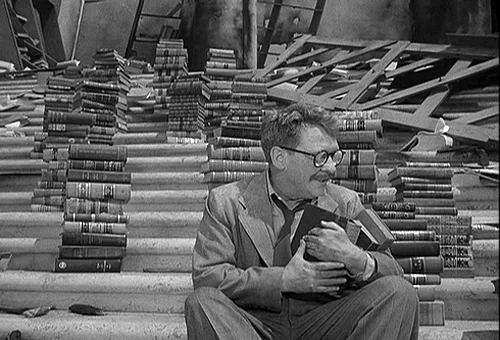
ARIADNE/WAYFINDING
What has Matt Written about Resilience?
In 2013, what seemed like burnout became a life-threatening cancer diagnosis for Matthew Shadbolt. Through emergency surgeries, painful recovery, and deep personal reflection, he emerged transformed—physically, emotionally, professionally. The experience redefined his values: prioritize kindness, health, and perspective. Life, he learned, is too short not to change when it matters. (Read)
Excerpt:
It’s easy to say that all of this changed my life, and of course that’s true. It changed my relationship with work, my relationship with others, and most importantly, my relationship with myself. Perhaps it needed to happen to tell me that kindness is really the only way. The only shortcut that’s true, and that works. Perhaps it needed to happen to tell me my diet isn’t as open as I had always thought it was. Perhaps it needed to happen to tell me to stop worrying and just go for it, every day. Perhaps it was a reminder that Mary will save my life if she needs to, and how lucky I am to be with her.
Whatever the universe was doing, it worked. Life continues to throw challenges every day of course, but my outlook is perpetually positive, directly informed by my journey to the Emergency Room for what I thought was a cold.
Matthew Shadbolt reflects on the haunting ache of lost friendships and the longing to be remembered. As time stretches and digital footprints fade, he explores nostalgia’s quiet power. The desire to reconnect with formative ghosts of the past. To remember is to relive, even when reunion remains impossibly, beautifully out of reach. (Read)
Excerpt:
I ache for the memory of these others, but I also longed to be ached for. Maybe one day in the distant, wrinkled future I’ll have a ‘love in the time of cholera’ moment, but as much as I think about it, there’s a safety in its distance. That these memories are able to be reopened, caressed, and then neatly stored away back in the dusty old cardboard box under the stairs. That as much as I wish to reach back through time, grab the husk of a person’s memory, and mold it back into existence, that I shouldn’t. That it’s rightfully beyond my grasp, much as I dislike it. But how comfortingly lucky am I to have known such people in life that have left such impressions on me. Those who, with likely little realization of their action, have formed… me.
On the verge of emigration, a younger Matt is comforted by his future self in a poignant dialogue about fear, love, change, and courage. As he prepares to leave England for America, he learns that pain, mistakes, and growth lie ahead—but so does a life fully lived. He never looks back. (Read)
Excerpt:
Early morning, January 2002. Emigrant Matt sits anxiously in the international departures lounge of London’s Heathrow airport. He has the stain of tears in his eyes from just saying goodbye to his two best friends, before walking through the security gates to his new life in America. He thumbs his ticket, and looks out over the plane’s wing on the most English of cold, wet mornings. He is nervous, but excited. About to leap off the cliff of exodus into the unknown of a new continent, a new job, a new city where he knows no-one, and where the simplest tasks for navigating life and language are upside down from everything he knows.
Matthew Shadbolt reflects on Ernest Byner’s infamous 1987 fumble as a lifelong Browns fan. An enduring symbol of heartbreak, resilience, and hope. Through decades of defeat and devotion, he finds meaning not in winning, but in unwavering belief. The team is the town, the pain is communal, and the clock still ticks. (Read)
Excerpt:
The Browns never recover from Byner’s mistake on the goal line, and the franchise turns on the moment. Within ten years the team will move to Baltimore and become The Ravens, leaving the city without a football team for the first time in decades. Industrial collapse and the movement of manufacturing overseas had ripped the heart out of the city’s economy, now the owners had ripped the city’s team from the fans. Anger boils over during the last game in Cleveland and the stadium’s seating is destroyed in violent echoes of Bottlegate. Jerseys are burned. Owners are blamed. Baltimore went on to win the Superbowl just five years later, with many of the previous Browns still on the team.
In a deeply personal reflection for his daughter, Matthew Shadbolt traces his lifelong pull toward America. From childhood fascinations to a career-changing move after 9/11. Through cultural devotion, risk, and reinvention, he becomes an immigrant by choice, finding love, belonging, and purpose in a country that ultimately becomes home. (Read)
Excerpt:
I still remember the moment I walked through the departure gate at Heathrow Airport really vividly. I had tears in my eyes as I waved goodbye to my best friend, and with little luggage in hand but my trusty Doctor Martens on my feet, I took the steps towards security, and never really looked back. I’m sure I must have been at the time, but I don’t recall ever feeling nervous about the move to America.
In cultures of ambiguity, product managers don’t wait for clarity, they generate it. Matthew Shadbolt reframes uncertainty as fertile ground, not failure. True leadership emerges by listening, mapping, and defining with care. In the fog of vague strategy and shifting signals, clarity isn’t found, it’s made. That is the work. (Read)
Excerpt:
The cultures that will win are not the ones that pretend to know. They are the ones that build the muscles to navigate not-knowing. To prototype, iterate, test, revise, and try again. To build not in the shadow of risk, but in the light of resilience. And that light begins with how you show up in the murk. Do you freeze? Do you perform? Or do you anchor? Listening, mapping, and defining with humility, precision, and care?
The Freedom Of The Worst Day Of Your Life
Reflecting on life’s worst days can be unexpectedly freeing. Matthew Shadbolt argues that if your worst day is already behind you, the future holds nothing but possibility. By reframing pain as past, and optimism as choice, we release anxiety and rediscover perspective, resilience, and the quiet promise of hope. (Read)
Excerpt:
This may seem like a small thing. It may sound like it’s easier said than done. Both are true. But for me as just one person it’s a really small but highly effective thing I’ve found to really help, especially in times of challenge or stress. Get busy living, or get busy dying. Free yourself of the worst days of your life by realizing that they are exactly that, part of your past not part of your future.
A lunch with a colleague sparks reflection on how the pandemic reshaped work’s role in life. The author discovers fulfillment in personal learning and creative projects, supported by an employer, reframing work as an enabler rather than the core purpose, prioritizing passion, growth, and curiosity over traditional career definitions. (Read)
Excerpt:
My lunch colleague, like me, had spent most of her adult life looking for the same elusive mix of Ikigai components, but it’s a fool’s errand. Like me, she’d come to a place where she was able to compartmentalize what she was paid for, and what the world needed from her professionally, in such a way as to be able to spend her time on what energized her and literally gave her life - what she was good at, and what she loved. Work now became a vehicle for enabling her curiosity about the world. Is this a case against Ikigai? Perhaps, but it’s more a call to action to find that time and space to actually do what you want, and to separate that out from where the money comes from. And when you find it, hold on with everything you’ve got.
A life told in decades, from a childhood spark for history to art school, a move to America, career highs and health crises, marriage, fatherhood, and creative rebirth. Now approaching fifty, the author reflects on lessons learned, enduring passions, and the hopeful unknowns of the next chapter. (Read)
Excerpt:
So, ten to fifty. Forty years of an incredible ride, and my advice at fifty to the Matt of ten would be exactly what ended up happening. Work hard, be kind, take every opportunity, and amazing things will happen. I don’t know what the next ten years will hold, but I’m hopeful to be able to look back on all of this one day, and laugh at how wrong I was about it all. Who knows what the future holds, but that’s all part of the fun of life, right?
A speculative continuation of The Twilight Zone’s “Time Enough at Last” imagines Henry Bemis adapting after his glasses shatter. Finding new ways to engage with books, redefining purpose, and confronting isolation. His plight becomes a meditation on humanity’s fragility, resilience, reliance on tools, and the enduring need to preserve and create meaning. (Read)
Excerpt:
Through Bemis’s journey, we are reminded that even in the face of overwhelming loss, there is room for adaptation, introspection, and the creation of new meaning. Whether he succumbs to despair, finds solace in his surroundings, or becomes a custodian of human knowledge, Bemis’s story challenges us to reflect on our own dependencies, our capacity for resilience, and the enduring value of the human legacy. In the end, his tale is not just one of tragedy but of the possibilities that arise when we confront the unthinkable and strive to make sense of the chaos around us.











